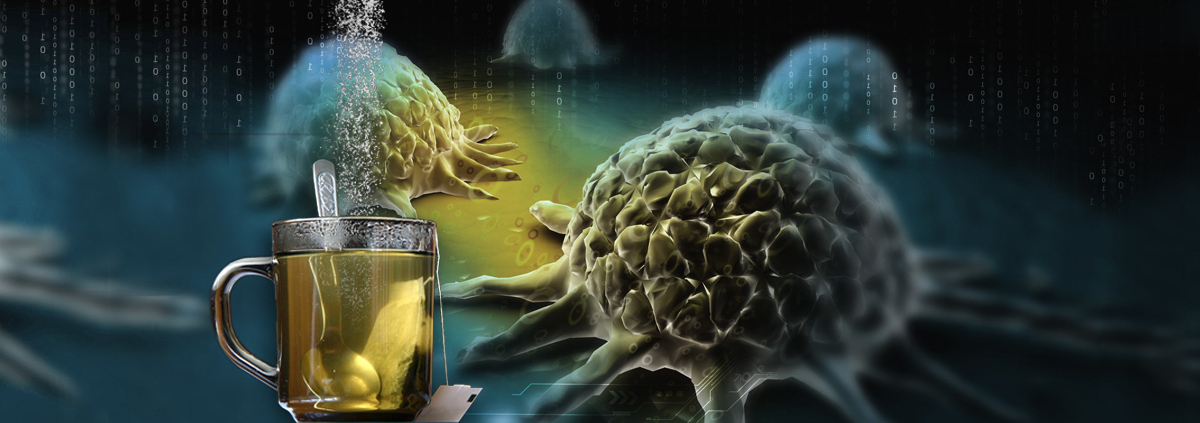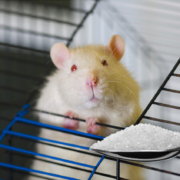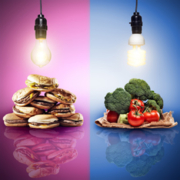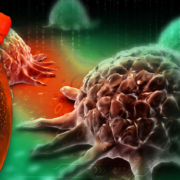The Bottom Line on Sugary Drinks and Cancer
The question is simple: do we avoid all sugary drinks, including fruit juices? The best I can come up with is to withhold judgment and don’t get excited about it for now. Let’s take a look at what the concerns of the researchers were and then my concerns.
Researchers’ Concerns
The first is that the NutriNet-Santé study was not a randomized sample. That means that only those people who were interested in participating for whatever reason did so. The sample was predominantly women at 78.7% of the cohort with a mean age of 42 years. The researchers accounted for age and gender in the statistical analyses, but that doesn’t account for the lack of randomization.
Researchers also stated that the rate of cancer was much lower: 620 of the 100,000 people in the study compared with 972 per 100,000 people in all of France. They adjusted the numbers to reflect the age and gender distribution in France, but I used the numbers actually given in the study. They also said the diagnosis of cancer was self-reported. I can’t believe anyone would say they have cancer if they don’t, but it would have been better if it were verified.
Related to that, some cancers were limited, thus affecting the statistics. If you don’t have enough of any type of cancer, it’s difficult and scientifically shaky to calculate a relationship.
Younger subjects consumed higher amounts of sugary drinks than older subjects. There were other factors as well, but these also were taken care of statistically. Further, they acknowledge what I alluded to: when people self-report, they can over- and under-estimate their intake. They also chose only the subjects that had at least two diet records completed in the first two years; the potential was 10 if all records were completed by all subjects. That seems low to me—there’s too much missing data.
Finally, this was an observational study and thus cause and effect can’t be attributed to the results. But it does raise questions.
My Questions
I think they could have gone a long way to answering the question about sugar intake if they had compared the fruit intake with the juice intake: take the fruit intake, calculate the sugar content, then match it with juice intake with the same sugar content. What was the rate of cancer in each group? Doing the direct comparison could go a long way to suggest whether it’s the sugar alone or if the effects were ameliorated with the fiber and phytonutrients of whole fruit with the same amount of sugar. That’s an obvious question; this is an ongoing study so maybe they’ll do that in the future.
I also think that running a comparison of total carbohydrate intake could also give us insight. If someone had a high carbohydrate intake, especially if it were high in refined carbohydrates, that might be meaningful as well.
The Bottom Line
The question I was left with was this: how could less than a half-cup per day of any type of added sugary drink that contained fewer than 50 sugar calories cause an increase in cancer? It just doesn’t make any kind of sense when you consider the total mean average calorie intake of the subjects was 1,850 calories. If the total sugar intake from solid foods of the individuals was high, or it was highly refined carbohydrates, that could make a difference. That analysis wasn’t done.
At this point, I wouldn’t stop drinking a glass of fruit juice or adding some juice to a smoothie. Don’t go out of your way to drink more fruit juice, but don’t avoid it either; certainly you should choose fruit juice from whole fruit over soda with sugar. If you have an artificial sweetener you like, use that instead of sugar. As for other drinks that contain sugar, they’re highly refined carbohydrates so you should be keeping those under control anyway. While this was an interesting and controversial report, nutrition is still about balance. Keep that in mind as you choose what you eat and drink every day.
What are you prepared to do today?
Dr. Chet
Reference: BMJ 2019; 366 doi: https://doi.org/10.1136/bmj.l2408.









